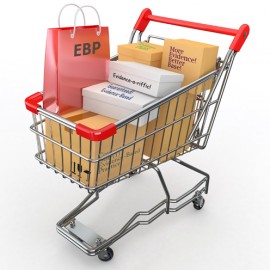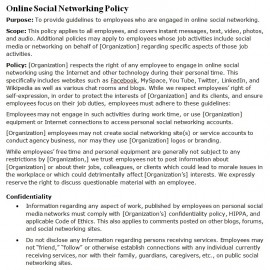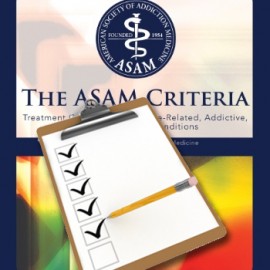Programs
Science vs. Science
Pundits are always telling us that science proves this or that, but when we look closer, we find it proves neither.
Topics: bad information, research, treatment models
The Practitioner vs. the Technique
I take great care in finding the right practitioner. He or she will likely be more important than the technique itself.
Topics: clinical management, clinician skills, outcomes, program development
Retention
Even in remission, the client is still an addict. The challenge is to sustain the remission, going forward.
Topics: client census, client engagement and motivation, clinical management, outcomes
EBP Shopping
No matter what model you choose, you’re going to want to track outcomes to see how it’s working with your client census.
Topics: outcomes, program development, treatment models
Social Networking and Recovery Services
Social networking speech is protected, in the United States at least, by the same Constitution that protects other forms of speech.
Topics: administration, communication, supervision
Addiction Treatment: The Double Standard
Addiction has been described as a chronic problem that we’ve attempted to treat as an acute illness –a big reason for the revolving door of relapse.
Topics: abstinence, MAT, program development, therapeutic models
Outpatient vs. Intensive Outpatient
The principle behind most ASAM-based systems is to treat clients at the “least restrictive” level at which they can benefit.
Topics: ASAM, assessment, diagnosis, types of treatment, utilization review
Acing the Continued Stay Review
Your goal is always to use the extra time to measurably increase the chances of a good outcome for that patient.
Topics: client census, clinical management, outcomes, utilization review
Whose Life is it, Anyway?
It’s often difficult for family members to see the real extent and nature of the damage addiction has caused to themselves and the family.
Topics: defense mechanisms, enabling and provoking, family involvement, promoting recovery, relapse
Surviving Program Surveys
The most common error is to assume your program is running pretty well and will therefore get a good result on the survey.
Topics: administration, outcomes


















